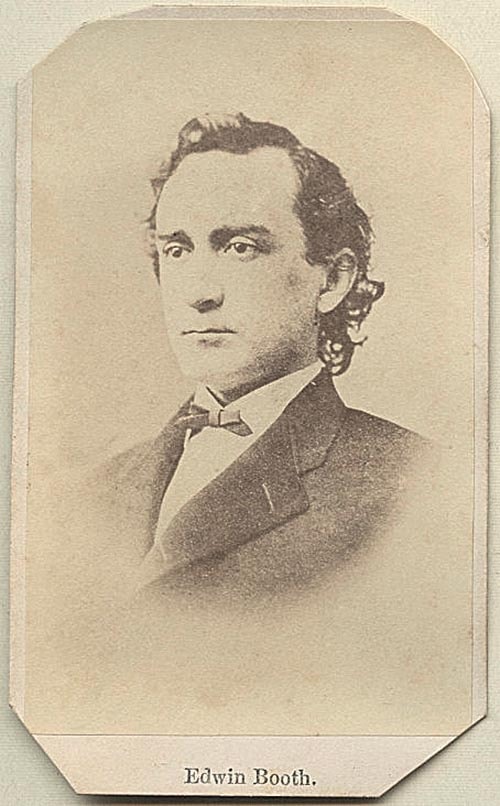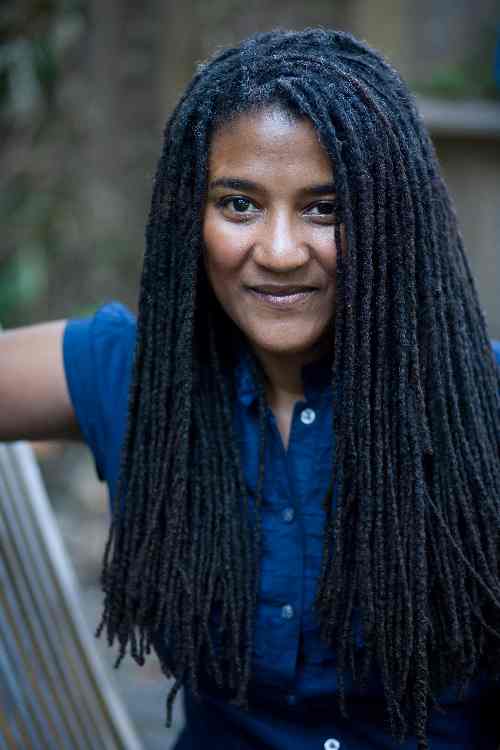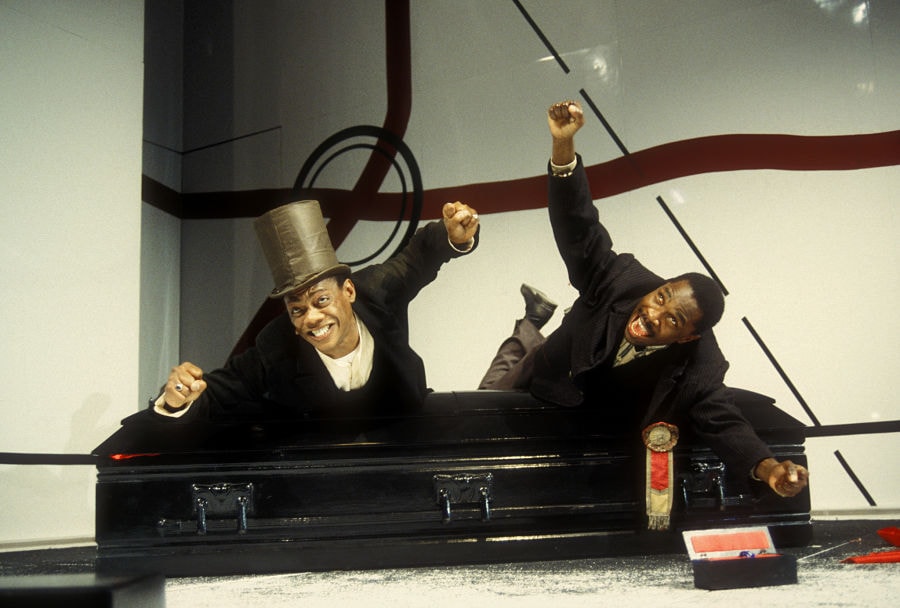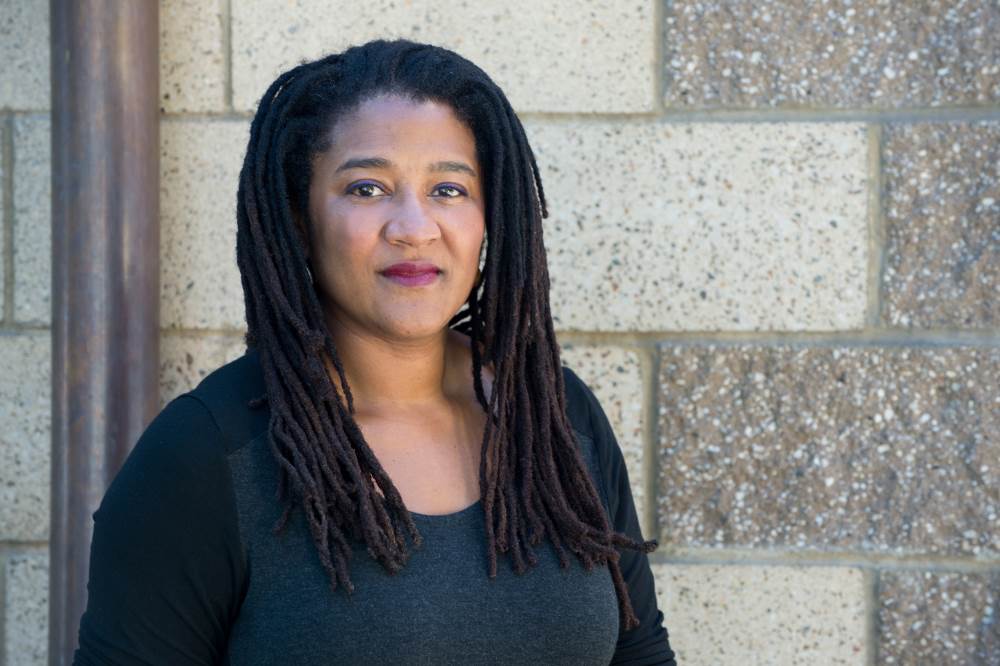1779 (245 years ago)
Preparations for the fourth season of the British Military Drama began with advertisements for actresses in James Rivington’s Royal Gazette, a royalist magazine published in British-occupied New York City. Despite the law forbidding play acting of any kind passed by the General Court of Massachusetts in 1750, British officers pushed to produce a series of plays for the British military and their supporters. At the time, play scripts were circulated via pamphlets and plays were a popular form of propaganda among both revolutionaries and loyalists. Americans attempted to stage revolutionist plays as well, but the theatrical scene was largely dominated by British loyalists. Some of the most popular revolutionary playwrights, including Mercy Otis Warren, never saw one of their plays produced.
1864 (160 years ago)

On Nov. 26, Edwin Booth began a 100-performance run as Hamlet that would end on March 22, 1865. It was the longest run of Hamlet until that time. Shortly after the play closed, Edwin Booth took a hiatus from performing when he learned that his brother had assassinated President Abraham Lincoln. After returning to the stage, Edwin Booth would go on to play Hamlet many times in his career, and, in a letter to friend William Winter, wrote, “I have always endeavored to make prominent the femininity of Hamlet’s character, and therein lies the secret of my success—I think. I doubt if ever a robust and masculine treatment of the character will be accepted so generally as the more womanly and refined interpretation. I know I frequently fall into effeminacy, but we can’t always hit the proper keynote.”
1924 (100 years ago)
The Yale School of Drama was founded. Ten years after Carnegie Mellon University became the first degree-granting theatre program in the United States, Yale University added the Department of Drama in the School of Fine Arts. With a donation of one million dollars from benefactor and alum Edward S. Harkness, the University Theatre was built and became the school’s primary building. Prior to this, the Yale Dramatic Association, or “the Yale Dramats,” was a student-run organization, as old as the university itself, and still operates today. In the Yale Daily News published on Nov. 26, several Yale faculty credited the Dramats for their advocacy of the new building.
1964 (60 years ago)

Playwright Lynn Nottage was born on Nov. 2 in Brooklyn. The two-time Pulitzer winner and MacArthur “Genius” Fellow writes about the working class, women’s issues, and African diasporic experiences, often taking a global perspective informed by her time as a national press officer for Amnesty International. Her notable works include Ruined, Sweat, Clyde’s, and Crumbs from the Table of Joy. She received a Bachelor of Arts from Brown University and an MFA from Yale School of Drama. She is currently a professor of playwriting at Columbia University. When accepting the MacArthur grant, Nottage shared memories of her mother conversing with friends at the kitchen table, adding, “I realized as I got older that the stories that I heard around that table were not being told on the American stage, and by and large the American stage is where our mythology is woven, and I thought what happens to the mythology of African American women if we don’t have a form for ourselves?”
1994 (30 years ago)
Suzan-Lori Parks publishes “Elements of Style,” the first articulation of her approach to playwriting, in her book The America Play and Other Works. She urges readers to ask themselves “Why does this thing I’m writing have to be a play?” Parks discusses how she borrows from jazz performance to create a dramatic text. She calls this practice “Rep & Rev,” i.e., repetition and revision. Parks departs from traditional narrative structures, creating something closer to a musical score. “Elements of Style” has had a significant influence on playwriting theory and dramatic criticism.
2009 (15 years ago)
On Nov. 8, Tennessee Williams was posthumously inducted into the Poets’ Corner at the Cathedral of Saint John the Divine in New York City. Williams was the first poet-playwright to be inducted into the Poets’ Corner, created to memorialize American writers. A stone was unveiled in the alcove of the cathedral inscribed with Williams’s line, “For time is the longest distance between two places,” from his play The Glass Menagerie.
Support American Theatre: a just and thriving theatre ecology begins with information for all. Please join us in this mission by joining TCG, which entitles you to copies of our quarterly print magazine and helps support a long legacy of quality nonprofit arts journalism.





